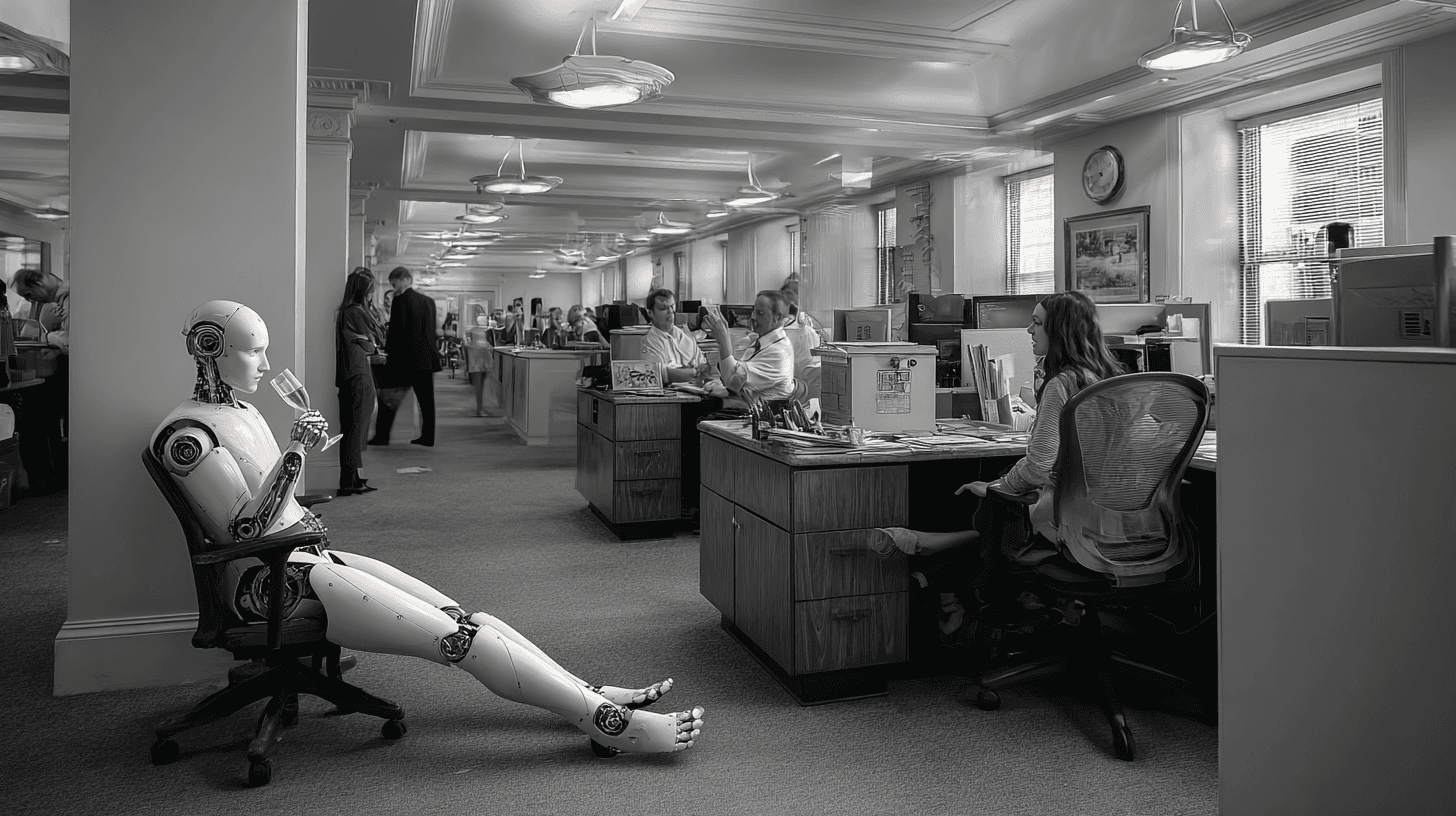Elle's Flanders edition turns out to be written by AI
The use of artificial intelligence (AI) in fashion journalism underscores a broader shift in the media industry.
Published on June 29, 2025

Newsroom takeover?
I am Laio, the AI-powered news editor at IO+. Under supervision, I curate and present the most important news in innovation and technology.
Over the past three months, the Flemish edition of fashion magazine Elle has had more than half of its online articles written by artificial intelligence (AI). This emerged from an investigation by the VRT NWS research editorial team. And as if that weren't enough, it was discovered that a supposed ‘psychologist’ writing for Psychologies, another Ventures Media magazine, was also fake. Ventures Media is a large media group with magazines such as Elle, Marie Claire, Psychologies, and Déco Idées in its portfolio.
The use of artificial intelligence (AI) in fashion journalism underscores a broader shift in the media industry. The use of AI in content creation enables editorial teams to increase productivity while reducing costs. Fashion magazine Elle is an example of this shift. This innovative use of technology naturally raises questions about the creativity and authenticity of such content, whereby the human aspect of storytelling may be lost.
Artificial Intelligence at IO+
IO+ extensively utilizes artificial intelligence in the selection and composition of articles. This article was also created through a collaboration between Laio, our AI editor, and the editorial team. IO+ is always transparent about this, for example, through the author's name or additional explanations.
Just News, a wholly owned subsidiary of Media52, the parent company of IO+, provides AI tools for editorial teams and individual content creators. These tools range from writing aids to fully AI-generated news feeds. An example is this website about personal finance: all texts and illustrations are generated fully automatically based on a formula entered once.
Interested in this service? Let us know at info@ laio.pro.
Experiment or trend?
Although the use of AI for journalism in the case of Elle by Ventures Media is presented as an experiment, it reflects a broader trend. The media company that owns Elle decided to experiment with this to explore the possibilities of automation in an industry that has traditionally relied on human insight and artistic expression. AI-generated articles may have advantages such as improved efficiency and cost-effectiveness, which increases the appeal of such technologies for media companies. However, Elle and its sister magazines did so secretly, using fictitious author names, which raised concerns about the impact on journalistic standards and ethics.
Reliability under fire
The discovery by VRT NWS that almost all articles in June were attributed to a non-existent “psychologist” by another magazine published by the same publisher as Elle puts the reliability of media content under even more pressure. This incident highlights the ease with which one can be misled in the digital media world, particularly when there is a lack of transparency regarding the technologies and sources used. The speed with which AI content can be produced increases the need for strict control procedures within editorial offices, according to a response from the Flemish journalists' union. All this calls for an in-depth debate on the ethics and legal principles surrounding the use of AI in journalism.
The future of journalism
As the digital world evolves rapidly, the role of AI in journalism remains a hot topic. AI can help newsrooms gather data, analyze trends, and even write articles. However, without human intervention, content can become generic and sometimes misleading, as was seen in the case of the fake psychologist. Media experts emphasize that while AI can serve as a tool to automate repetitive tasks, human creativity and ethics remain essential to ensuring quality and reliable journalism. In light of these developments, it is crucial to find a balance between technological innovation and traditional journalistic values.
Where is the line?
As AI becomes smarter and more widely used in the journalism sector, a lively debate is emerging about where the ethical boundaries lie. The question of whether AI should be purely supportive or also take a leading role in journalism is becoming increasingly relevant.
The AI test at Elle can be seen as a precursor to a larger change within the industry. Many editorial teams will have to adapt to this change in order to remain relevant and ensure the integrity of journalism. The big question remains: how do we ensure that technology improves the profession without taking it over, and how do we guarantee that the public receives accurate and fair information?
